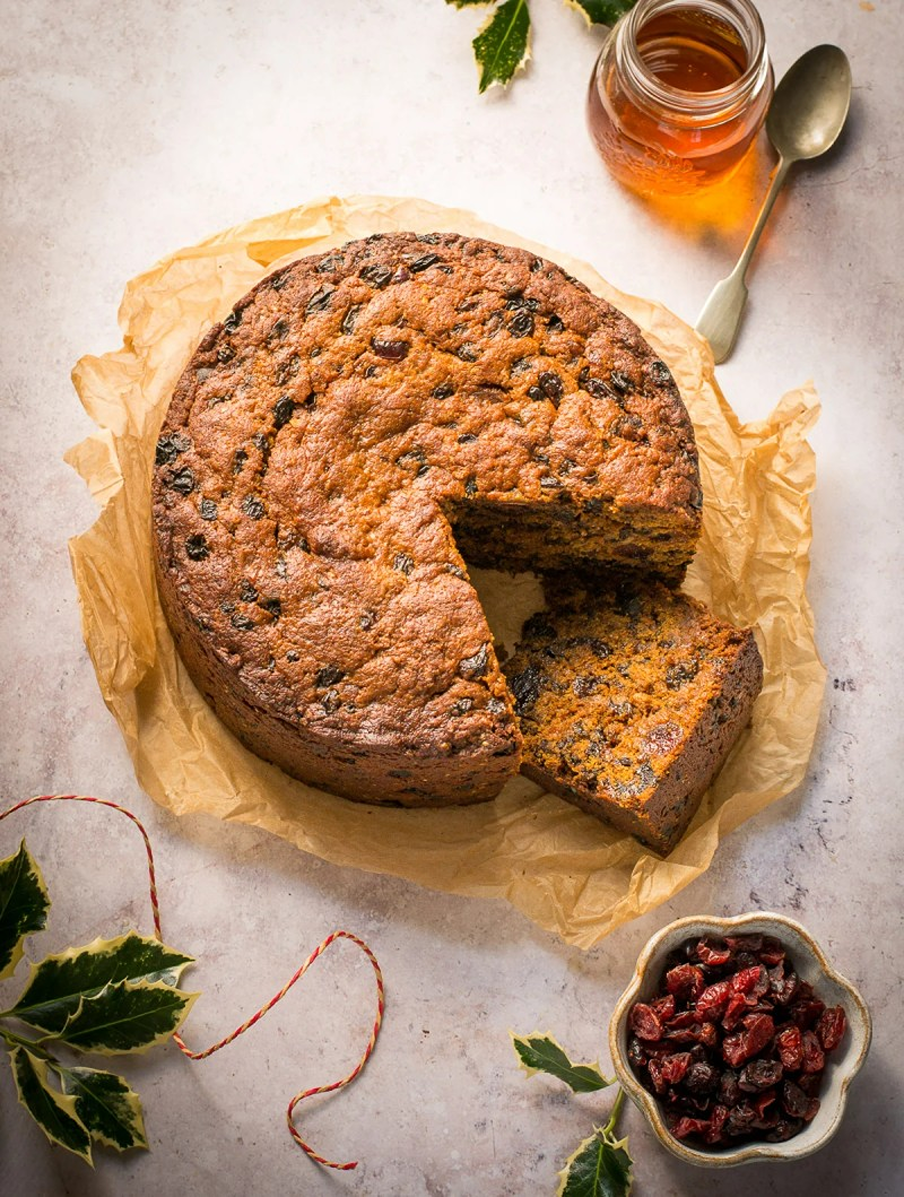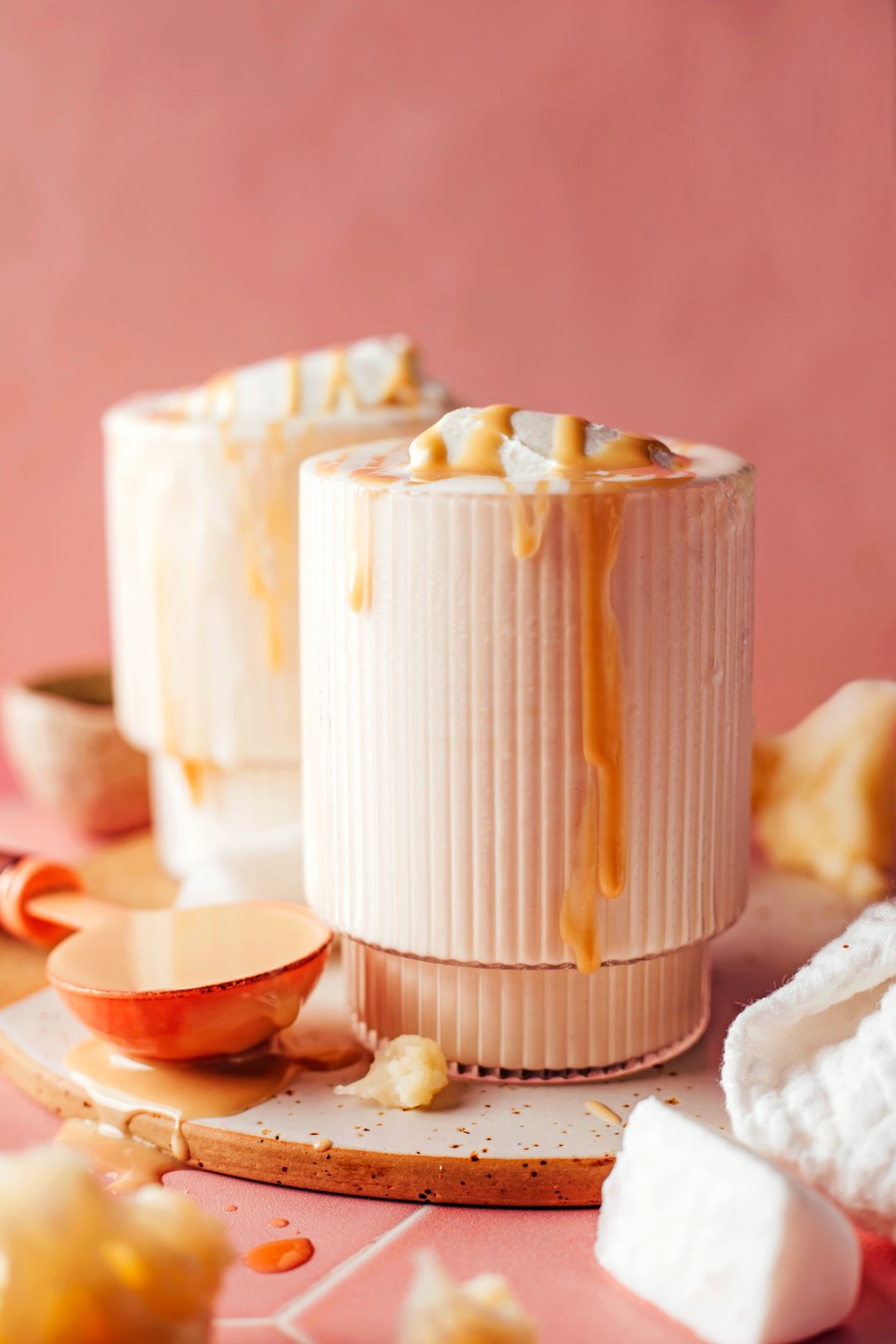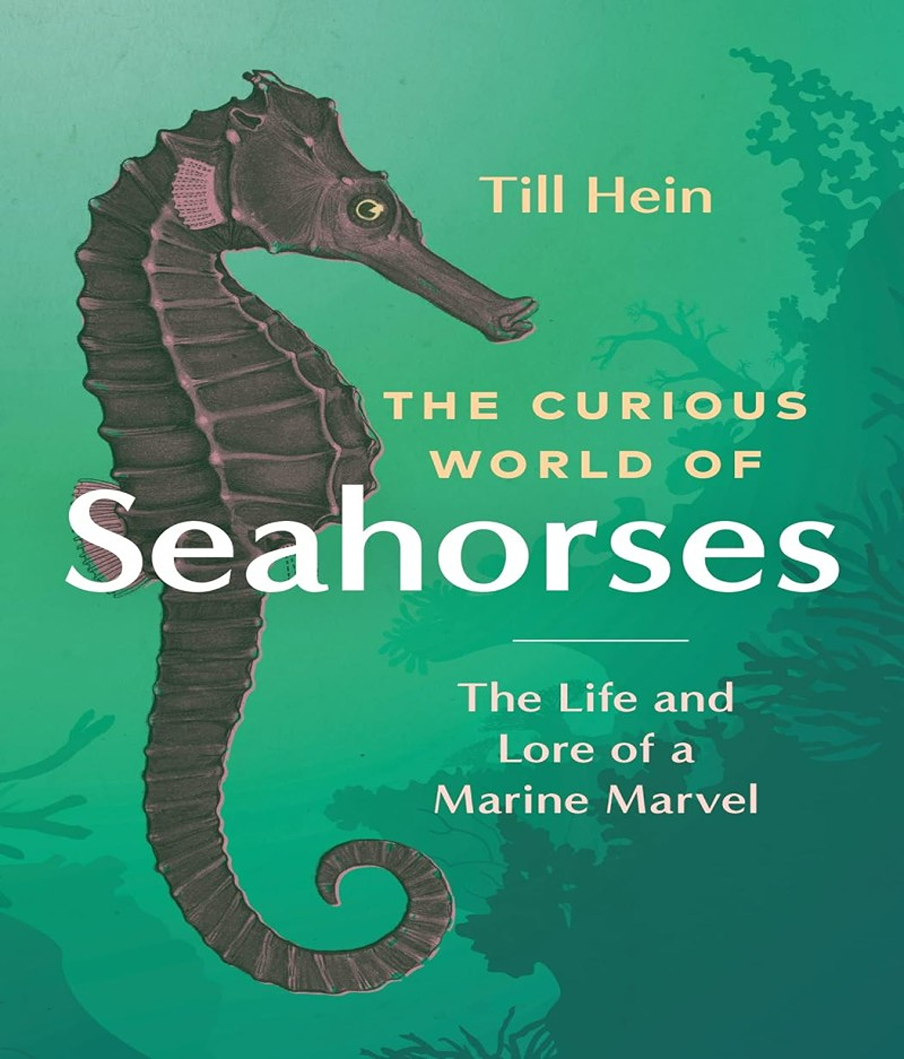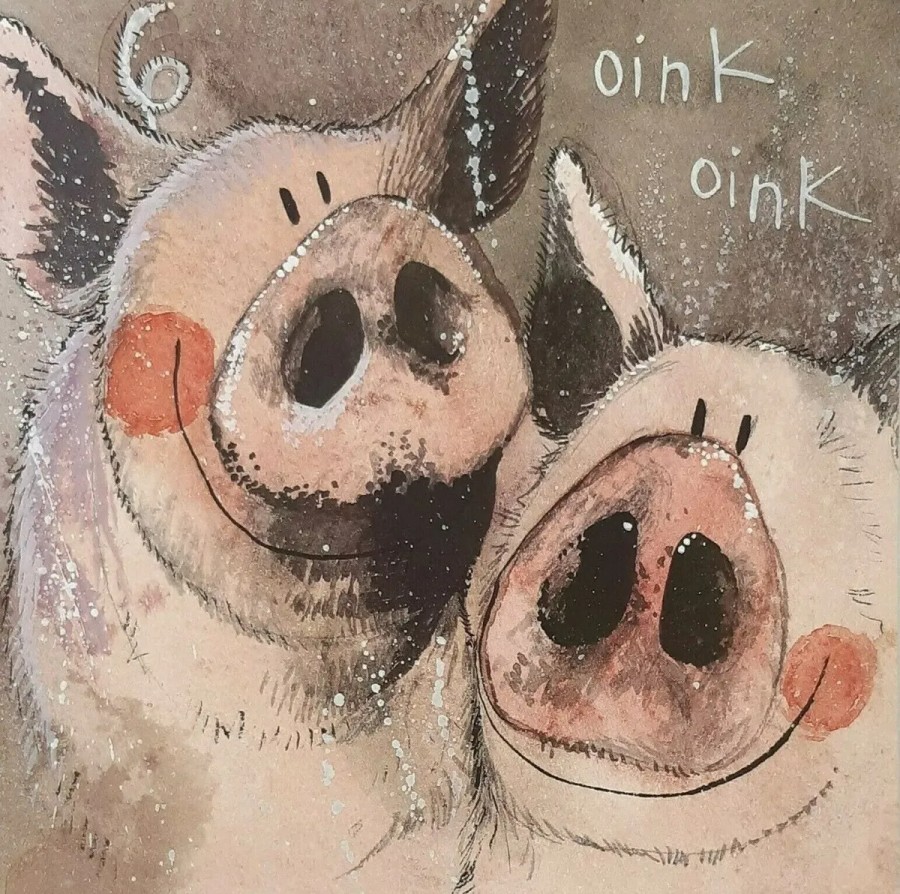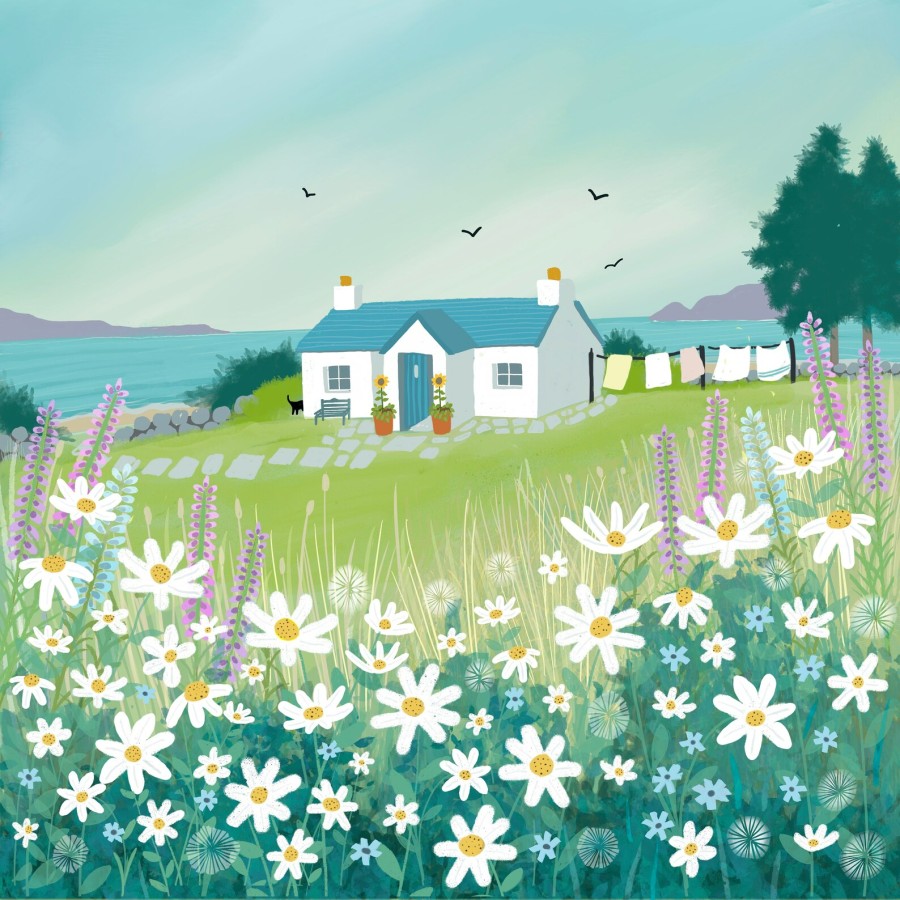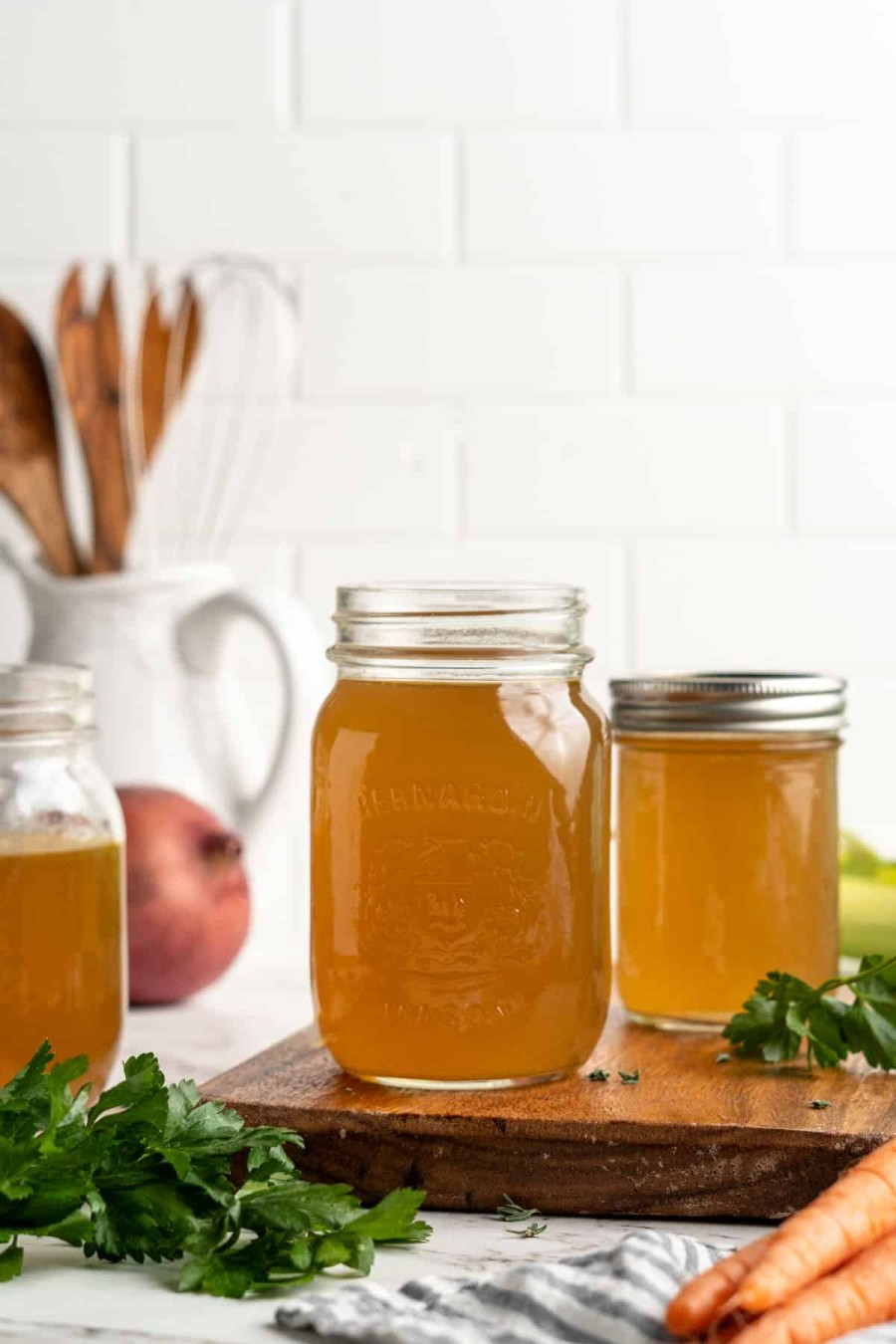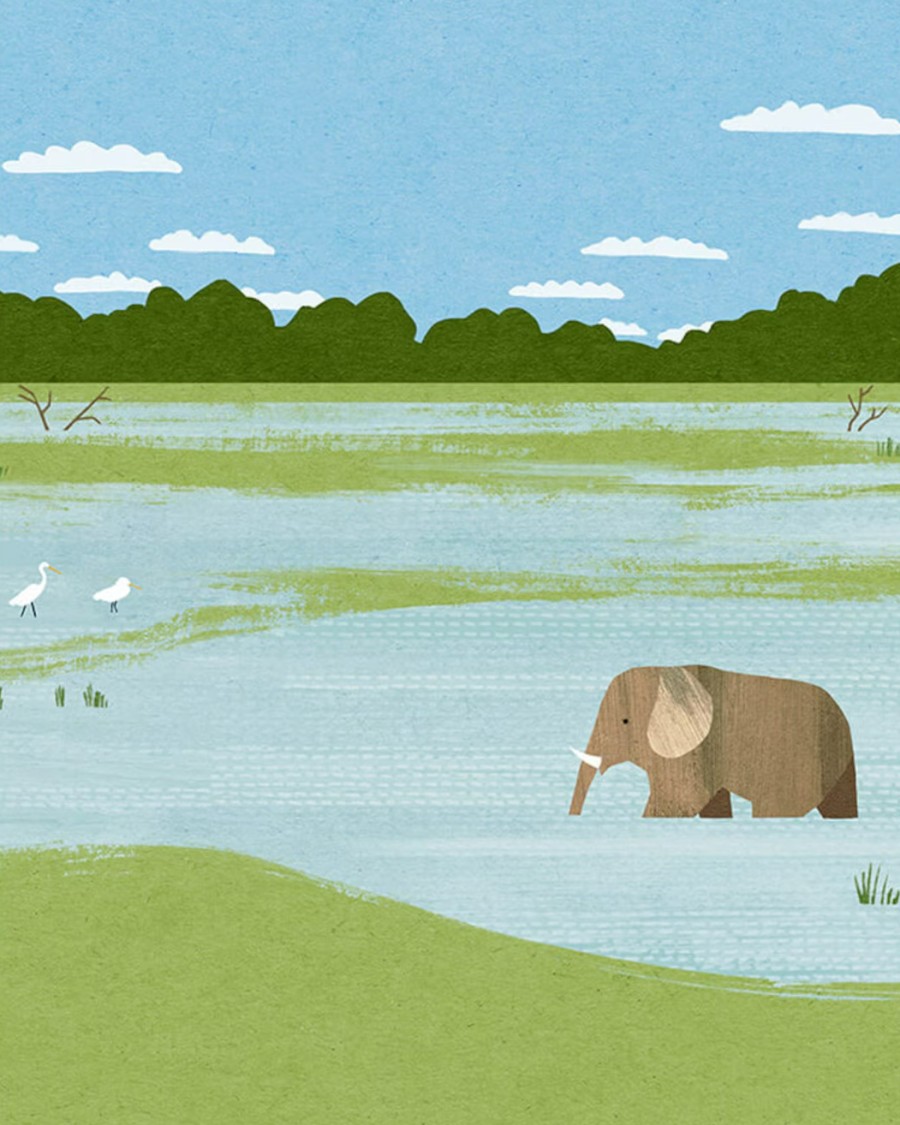
All three species of elephants are endangered, despite a ban on poaching (tusks are usually removed before death – like someone pulling your teeth out without painkillers). There is now (2024) an imminent ban on trophy hunting imports to the UK (delayed after Rishi Sunak scrapped the Kept Animals Bill – one of the few decent things Boris Johnson did as Prime Minister).
Elephants are the world’s large mammals (a baby can weigh 19 stone!) They don’t see that well (they ‘remember you’ from your scent). They use their trunks to drink water, snorkel (breathe when swimming) and forage for food. They keep cool by taking dust baths and wallowing in mud. Communicating by low vibrations, around 90% of African elephants have been wiped out.
Whereas male bull elephants tend to be solitary when not mating, herds of wild elephants (often in their hundreds) roam massive areas, headed up by the elder matriarch. They spend most of their day eating (the same as us eating 375 cans of beans a day!) But elephants are severely at risk from illegal poaching and habitat loss (along with conflict with villagers, as they pass through or trample on land, to find food and water).
Although animal circuses are now banned in England, worldwide elephants are forced to stand on hind legs to perform tricks or ‘play football’. Responsible Travel has a list of authentic elephant sanctuaries.
Here in England, we still have commercial zoos, which house elephants often in cramped conditions nothing like how they live in the wild (and our weather is too cold). Born Free says that the average child observes an animal for 20 seconds – this is entertainment, not education.
how ‘not buying it’ helps elephants
Avoid palm oil. Just as with orangutan habitats, the palm oil industry is devastating elephant populations in Asia. Their forest homes are burned to provide cheap plantations, for a saturated fat that is flown thousands of miles to put in junk food (and bars of soap – ‘sodium palmate’) to make profits for industry, instead of using local rapeseed oil. Instead of constant label-reading, just learn to cook with local seasonal foods!
Choose recycled wood and paper products. From bathroom tissue to facial tissues and paper towels, all are made from forests, where trees are chopped down for industry. Buy recycled paper and secondhand furniture.
please don’t visit miserable elephants in zoos
Born Free and Freedom for Animals both want elephants to no longer live in UK zoos, instead be transferred to proper sanctuaries to live out their lives in peace (there are plenty of conservation efforts going on in wild areas abroad, with company of other elephants and warmer weather).
Bill Travers and Virginia McKenna were given permission to film a little elephant called Pole Pole in Kenya, where she was ‘bashing herself against a wall’ in distress, while waiting to be ‘gifted to London zoo’. She became friends with them. But despite efforts, they could not prevent her being transported to England.
Some years later, they visited the stressed and lonely elephant at London zoo. She clearly remembered them, stretching her trunk out to greet them. Feeling terrible they were unable to help, they launched a campaign to at least send her to another zoo to be with other elephants. But kept in a crate for several hours, she collapsed and was put to sleep, while just a teenager. Determined her life would not be in vain, they launched Born Free (now headed up by their son Will Travers), where you report concerns of captive animals.
There are an estimated 51 captive elephants left in UK zoos. Unlike in the wild where they roam from 800 to 11,000 square kilometres, space in a zoo or safari park is around 10,000 to 140,000 times less, leading to foot and muscular-skeletal problems, mental illness and loneliness.
If zoos or safari parks cannot provide elephants with the environment or space needed for suitable exploration and mental stimulation, or provide the means that allow them the necessary ability to choose solitude or build bonds through shared social experiences, why do they continue to house these incredible creatures? And why are they continuing to breed from them, when they have no intention of releasing the young into wild habitats? Freedom for Animals
Born Free is raising concerns over the numbers set to increase with import of one elephant to the UK (he’s already lived in a few zoos in his short life) and another two pregnant at Blackpool Zoo (its outdoor area for elephants is slightly larger than a football pitch, many times smaller than the minimum recommended by experts). So adding more elephants will make things worse.
One zoo that has huge welfare concerns is South Lakes Safari Zoo (Cumbria) from enclosure space to frequent animal deaths, the latest being a young giraffe who died in 2024. The council knows it should act but hasn’t, despite investigations and calls from Born Free to act.
how to prevent elephant/human conflicts
Aside from poaching, this has to be addressed. Botswana now issues licenses to hunt elephants, saying that they ‘have to be controlled’ due to trampling crops and drinking water from pipes. A very-angry President is blasting England and Germany as ‘caring more about elephants than people’.
Where there are problems, someone somewhere usually has a solution, and it would be good if the Botswana government listened to those who are trying to help. Elephant Crisis Fund says they seriously address the fact that elephant herds can destroy a farmer’s livelihood in one night, but this is often due to lack of natural habitats for elephants and poor land-use planning. It’s already working in Botswana to create wildlife corridors, and although there is no magic bullet, there are many ideas being put to practice including:
- Elephants are scared of honey bees, so beehive fences (which release bees if the wire is jiggled) can deter them to move elsewhere.
- Smelly elephant repellent is a mix of rotten eggs, dung, ginger, garlic and chilli, that is placed on rags and hung on fences.
- Watchtowers allow farmers to see farmers from afar, who can then use these deterrents and alert others, before elephants reach villages.
- Good sturdy fencing can reduce crop raids by up to 90% but is expensive (especially by avoiding electric fencing that could harm).
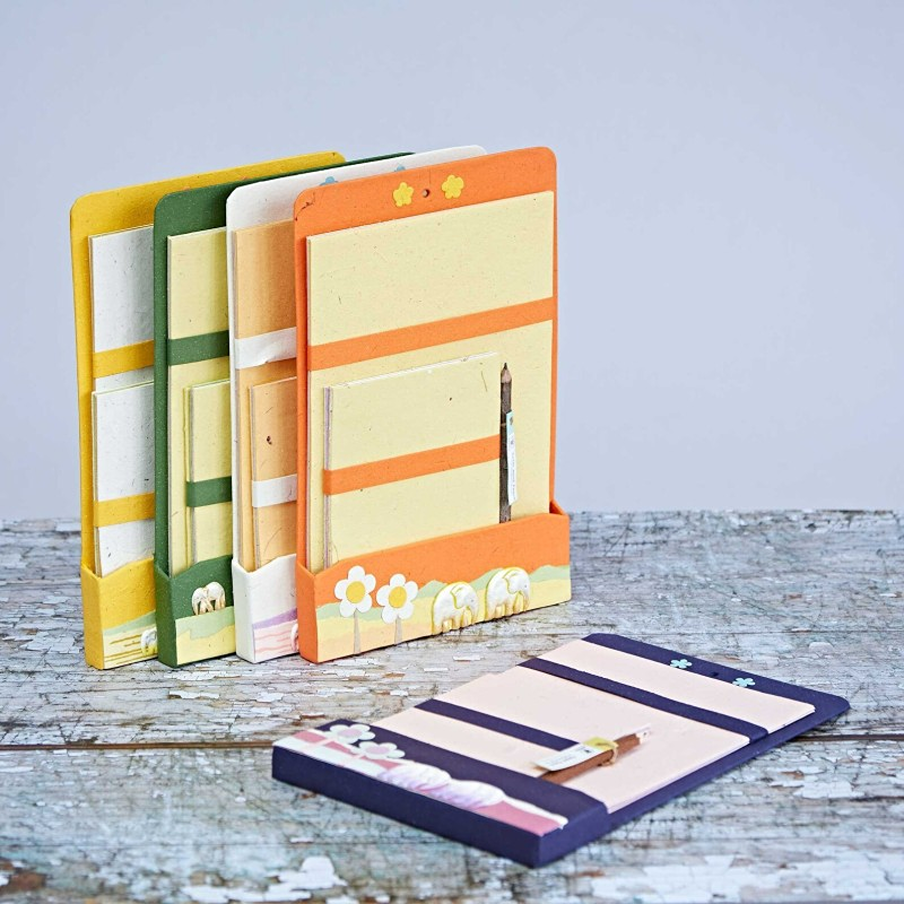
Buy products made with elephant dung! Dung is collected by villagers to give income for keeping elephants safe. Then blended with recycled paper (with unique ‘flecks’, depending on what your elephant friend ate that day!):
- Notebooks & notecubes
- Greetings cards & personalised birthday cards
- Stationery sets
- Photo albums, handmade photo albums & photo frames
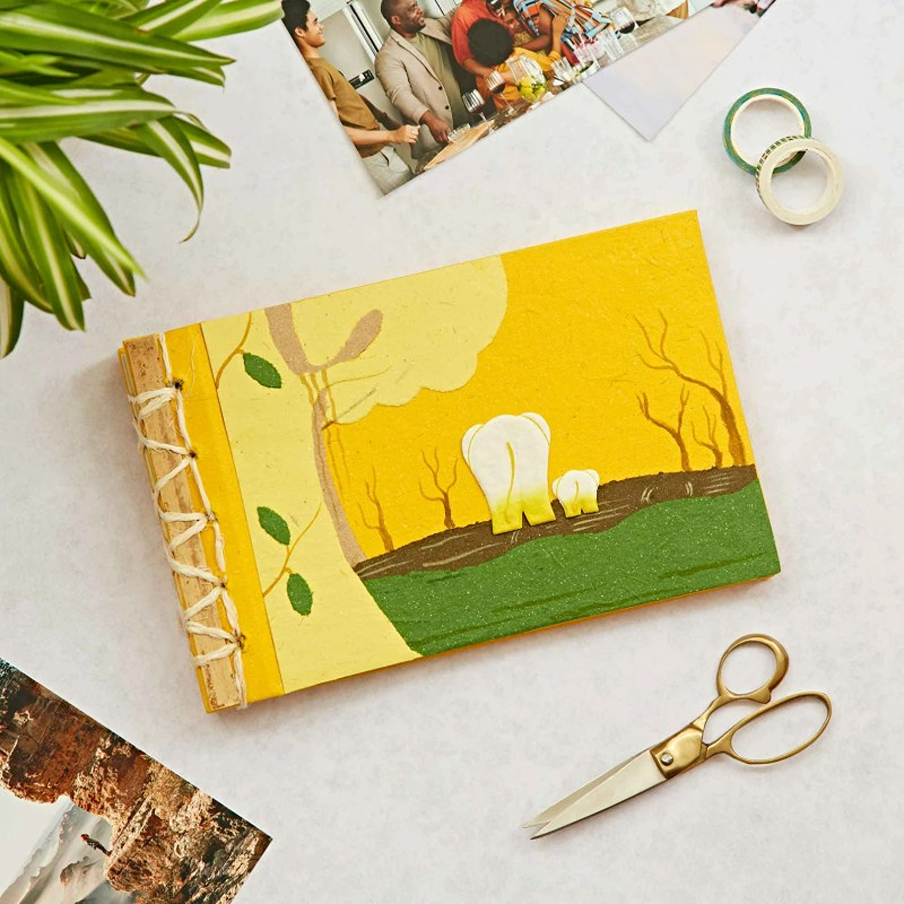
Elephant-friendly tea plantations promise not to poison elephants, farm organically and avoid electric fencing, razor wire (and deep narrow ditches that are difficult for baby elephants to cross).
Avoid caffeine for pregnancy/nursing and affected medical conditions. Latest research suggests to bin tea leaves (and coffee grounds) as composting could harm garden creatures. Choose plastic-free brands and don’t leave string in gardens, as it could harm or choke garden wildlife.
support authentic elephant conservation charities
Elephant Nature Park was founded by an amazing (tiny) woman and offers a caring home to over 100 elephants, many rescued from begging, rides and circus shows – some are blind, orphaned, senior and disabled. All now free to live happy lives in peace, where they are loved and respected.
Boon Lott Elephant Sanctuary (Thailand) was named in honour of the baby elephant rescued by the founder (from London). She married a local, with elephants were bridesmaids, who smothered her dress in mud with their trunks!
Sheldrick Wildlife Trust protects elephants from poachers and creates sanctuaries for elephants and their calves (it has successfully raised over 260 orphaned elephants along with 17 black rhinos). It also safeguards wilderness areas and helps injured wildlife.
Sold in recycled glass bottles with natural corks, Elephant Gin offers a range of tipples alongside coffee liqueur and ready-to-drink negroni. Its current financial situation means that it is now only able to support smaller projects, so please support this company over big brands, to fund its wonderful work.
what should you do with old ivory?
A bit like real fur, it’s not a good idea these days to display or wear ivory (due to being illegal, piano keys are no longer made with it). For jewellery, you can buy items made with tagua nuts (also known as ‘vegetable ivory’).
It’s illegal to sell ivory (even secondhand, which creates a market for illegal poaching). By law, you can only give it as a gift or lend without payment (though who would want it, is anyone’s guess).
You can’t burn ivory, as it’s too hard. IFAW (International Fund for Animal Welfare) wants the government to create its own disposal system, so ivory can be securely surrended, to stop it re-entering the marketplace. This includes ivory from other animals (walrus, hippos, warthogs, sperm whales and narwhals) often made into ornaments, carvings, jewellery and walking sticks.

